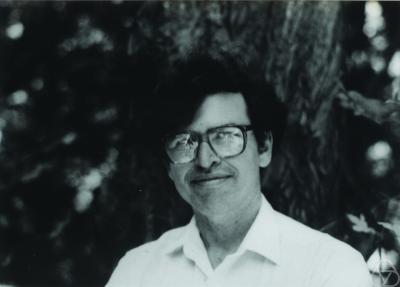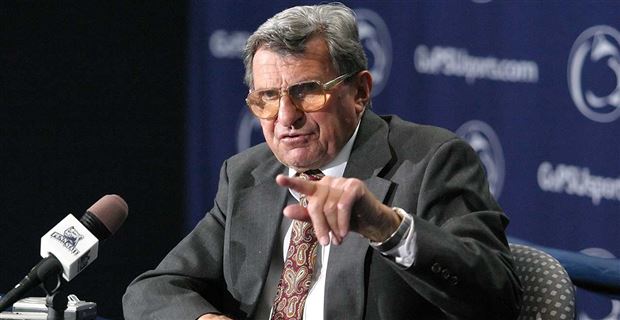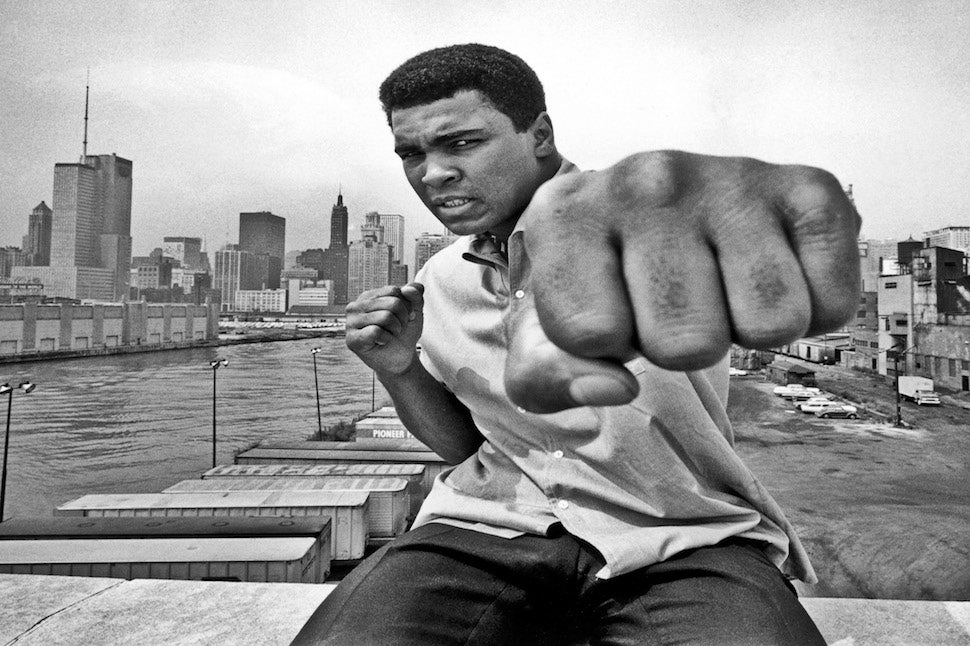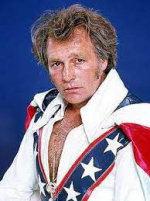Link> Was there anybody better in their prime than this guy?
- Thread starter Mr. Potter
- Start date
You are using an out of date browser. It may not display this or other websites correctly.
You should upgrade or use an alternative browser.
You should upgrade or use an alternative browser.
Ali in his prime was better than anyone. Not sure Tyson could have survived Foreman or Frazier in their primes.
Mickey Mantle in his prime (1956-62) was better than anyone.
Mickey Mantle in his prime (1956-62) was better than anyone.
Before he hurt his knee, Mantle was the fastest player to first base. His drinking really held him back. If he had the focus of Williams, say, he would unquestionably be the greatest ever, beyond Ruth.Ali in his prime was better than anyone. Not sure Tyson could have survived Foreman or Frazier in their primes.
Mickey Mantle in his prime (1956-62) was better than anyone.
Or, maybe if Billy Martin was traded away a lot sooner.Before he hurt his knee, Mantle was the fastest player to first base. His drinking really held him back. If he had the focus of Williams, say, he would unquestionably be the greatest ever, beyond Ruth.
Benson Farb on William Thurston: “Bill was probably the best geometric thinker in the history of mathematics.”

 en.m.wikipedia.org
en.m.wikipedia.org

William Thurston - Wikipedia
Kay Parker.John Holmes
Kay Parker.
Relative deep cut there Jim….
John McEnroe. 1984 went 82-3 won two of the three slams he played in and only dropped two sets in the US Open (both to Connors). Won 13 tournaments total. Other stats/records from that year still stand today (started the year with a 42 match win streak) and remember guys like Lendl, Connors, Borg, Edberg, and Becker were also at or near their primes.
I never saw Star Wars.
Gotta give Tyson credit, he could knock out anyone, man or woman.....
I played a round of golf with Buster Douglas a few years back. He says hello.....
I played a round of golf with Buster Douglas a few years back. He says hello.....
How Ali Shaped JoePa's View Of Vietnam War
ByMARK BRENNAN Jun 5, 2016
On Sept. 20, 1997, two sporting icons crossed paths on the field at old Cardinal Stadium in Louisville.
Joe Paterno was there, getting ready for his Penn State football team to take on hometown Louisville in a game the Nittany Lions would win, 57-21.
And so was former three-time heavyweight boxing champ Muhammad Ali, a Louisville native who was honored on the field prior to the game and then conducted the coin flip.
If there was any interaction between the two living legends, it was brief. As far as we can tell, there are no photos of the two men together prior to the game — something that seems unthinkable in this day and age.
But years earlier, in Thomas Hauser’s outstanding 1991 book, “Muhammad Ali: His Life and Times,” Paterno revealed his deep respect for Ali — and it was more for what he did outside of the ring than inside of it.
In fact, Paterno said his own opinions about the draft and the United States’ involvement in the Vietnam War were shaped and even drastically changed by Ali’s 1967 decision to refuse induction into the Army.
With Ali’s passing Friday, we thought Penn State fans might be interested to know how he had impacted the Nittany Lions’ Hall of Fame coach, who died in 2012.
Here is what Paterno told Hauser in 1991:
It should be noted that Paterno himself was drafted into the U.S. Army in 1945, shortly before the end of World War II. He served in Fort Dix, N.J., and Korea before receiving an honorable discharge and enrolling at Brown in 1946.“Ali was important. I think every black person who’s able to overcome the problems that surround them as he did and serve as a role model is important. Kids today are in desperate need of role models who not only succeed in the sports world, but once they’ve done that, have the ability of a Jackie Robinson or Muhammad Ali to change social attitudes of black and white Americans, and make blacks understand that they don’t necessarily have to do what whites want them to do to be respected.
“And Ali achieved that. I always admired him as an athlete, but I think the stand he took on the draft was what spoke about him. That he had the courage to jeopardize his career and accept all the implications of his position showed a great man of principle.
“The world was different then. And it’s hard for some to remember the — ‘despair’ might be too strong a word, but the fear in young people over what was going on. I had a friend, a bright young man I admired greatly, who’d covered our team for the student newspaper here at Penn State. Then he’d become the editor of the paper, and gone into the service after college. One day he came back to visit and had a long talk with me about deserting. He wanted to know how I’d react. And I said, ‘Well, as far as our personal relationship is concerned, it would have no effect on me.’
“And he did desert. He went up to Canada, and wrote me every once in a while. And when he did that, and when Ali took his stand, it made me wonder. What the devil is going on? I started thinking about what was going on in Vietnam. Now, if I’d been drafted, I probably would have gone because of my traditions, but that’s doesn’t mean I would have been right to go. And the truth is, I started to become very sympathetic to people like Ali and that young man.
“I began to understand that they had very good reasons for what they were doing. I began to see Vietnam as a white man’s war in the sense that it was being fought by blacks, but in support of a white colonial mentality. I began to think that the war was very wrong.”
Paterno was born Dec. 21, 1926 in Brooklyn, making him about 15 years older than Ali (who was born Jan. 17, 1942 in Louisville). Paterno was beginning his second year as the head coach at Penn State when Ali refused to be inducted into the Army in 1967.

I wouldn’t go that far. The only boxers I feel confident would have beaten Tyson prime against prime are Ali and maybe Lewis. (Caveat: I’m a casual boxing fan at best.)Ali, Joe Louis, Lennox Lewis, George Foreman, Rocky Marciano, Jack Johnson--it's not an extremely short list, actually.
Ali, Joe Louis, Lennox Lewis, George Foreman, Rocky Marciano, Jack Johnson--it's not an extremely short list, actually.
You’re still a legend in MoCo.Obviously you never saw my prime….
Wayne Gretzky says hey
Cael Sanderson says hey
Willie Mays says hey.
I would, and I did. I have no doubt about anyone on that list.I wouldn’t go that far. The only boxers I feel confident would have beaten Tyson prime against prime are Ali and maybe Lewis. (Caveat: I’m a casual boxing fan at best.)
Obviously you never saw my prime….
I’ve seen your Amazon Prime. You get stuff next-day with free shipping. You can’t teach that.
I have a feeling that my opinion isn't going to be very popular, especially among the older posters on this board. But I just don't think anyone was better than Tyson in his prime. People bring up his defeats, but again, in his prime, he was awesome. Before I get a bunch of names like Ali, Frazier, etc. thrown at me, keep in mind that none of them were undefeated either.
The bottom line is that there is no way to definitively answer this question, and that we should all be entitled to our opinion.
The bottom line is that there is no way to definitively answer this question, and that we should all be entitled to our opinion.
Tyson's style was to get inside with you and just hammer, toe-to-toe. You were his punching bag. His fists were non-stop and he hit body and head relentlessly. Ali may have been able to move enough to slow down Tyson, but I don't think the rope-a-dope tactic would have worked against him.
Watching Tyson's highlights makes me think stopping him was kind of like trying to stop this thing. You're better waiting till it runs out of gas.
Watching Tyson's highlights makes me think stopping him was kind of like trying to stop this thing. You're better waiting till it runs out of gas.
We don't give awards to guys who lost 3 times in a year, so simmer down!Relative deep cut there Jim…..
John McEnroe. 1984 went 82-3 won two of the three slams he played in and only dropped two sets in the US Open (both to Connors). Won 13 tournaments total. Other stats/records from that year still stand today (started the year with a 42 match win streak) and remember guys like Lendl, Connors, Borg, Edberg, and Becker were also at or near their primes.
Jim Brown, Sandy Koufax, Jerry Rice, Gretzky #1, Mario Lemioux #2.
Cassius Clay before becoming Ali was the greatest boxer in his prime.
Cassius Clay before becoming Ali was the greatest boxer in his prime.
In his prime, Tyson was the greatest and most feared fighter. He turned Heavyweight contenders into scared little girls. Frazier and Ali never did that in their prime.
Tyson never fought Bob Sapp, right? I've seen that picture a number of other places but it's doctored.
The "contenders" in Tysons time were hardly the equal of those in Ali's time. With the sole exception of Lennox Lewis- who would have beaten Tyson whenever they met.In his prime, Tyson was the greatest and most feared fighter. He turned Heavyweight contenders into scared little girls. Frazier and Ali never did that in their prime.
Marvis Frazier was a very pale shadow of his father.
I am not sure Tyson could have survived Big George’s comeback tour.Ali in his prime was better than anyone. Not sure Tyson could have survived Foreman or Frazier in their primes.
Mickey Mantle in his prime (1956-62) was better than anyone.
Get unlimited access today.
